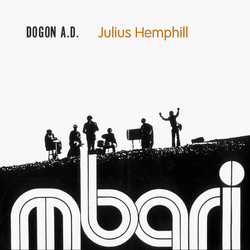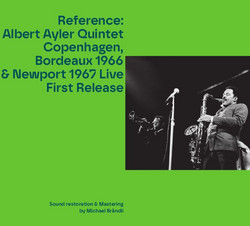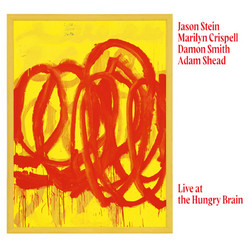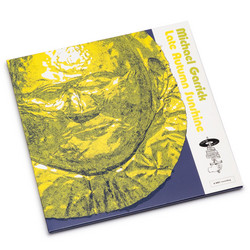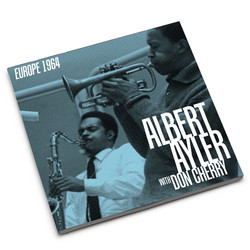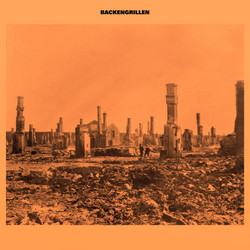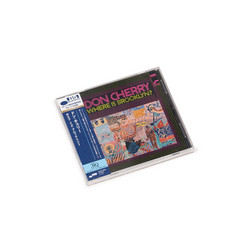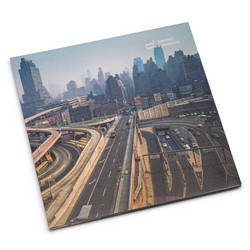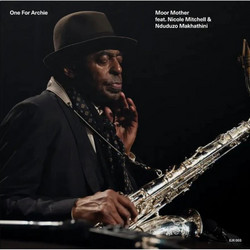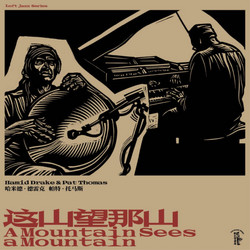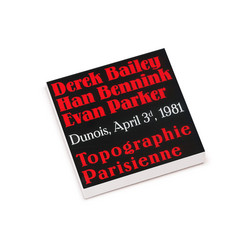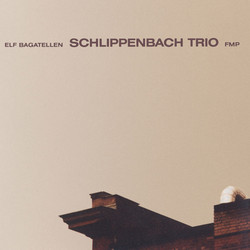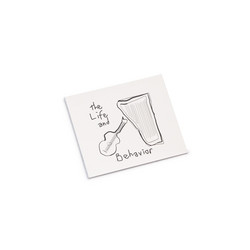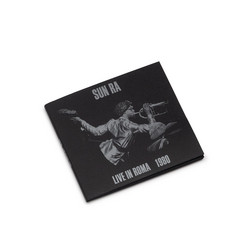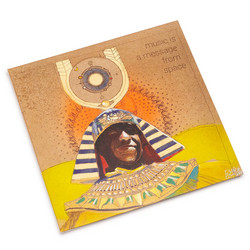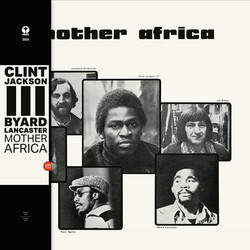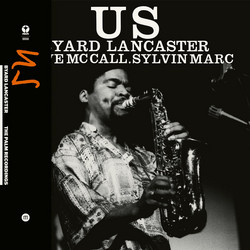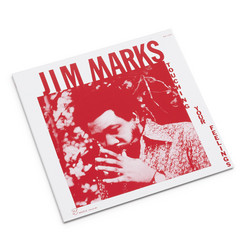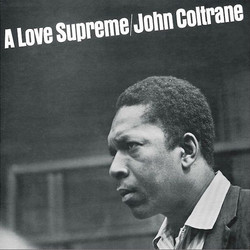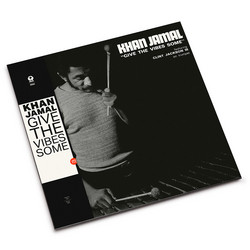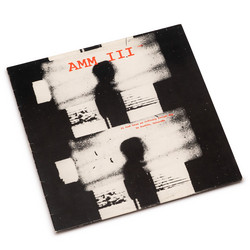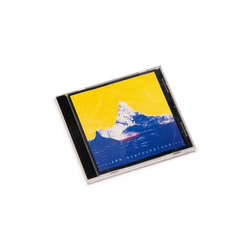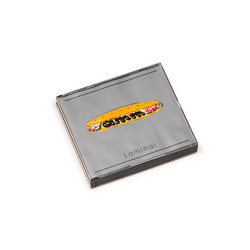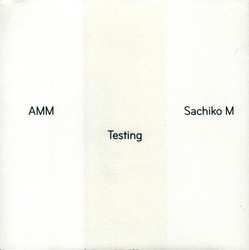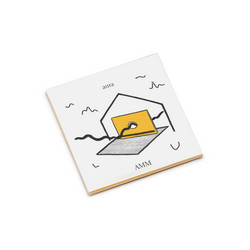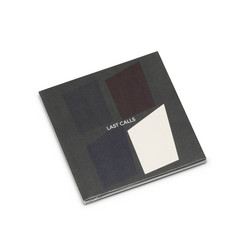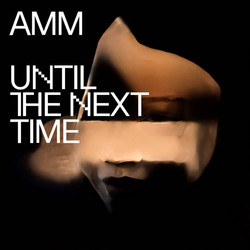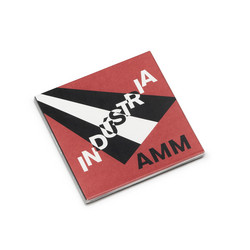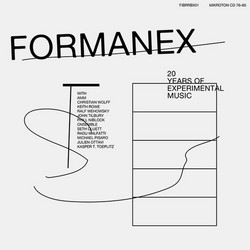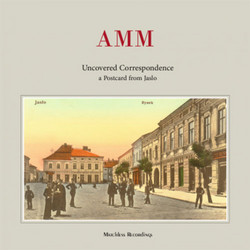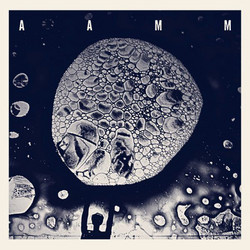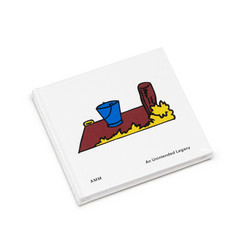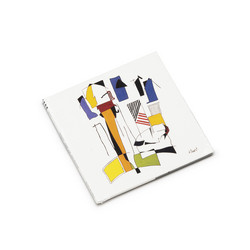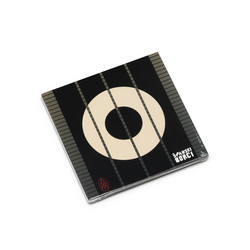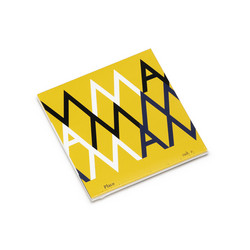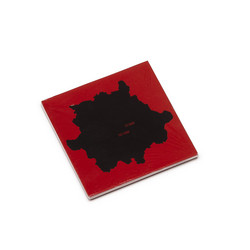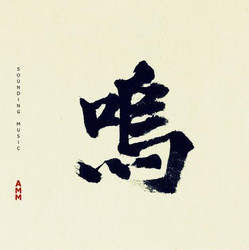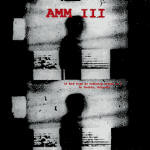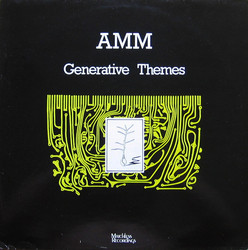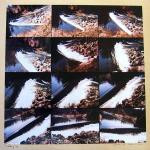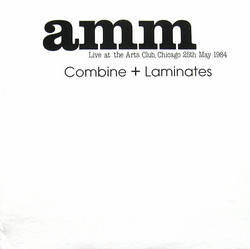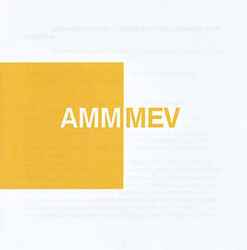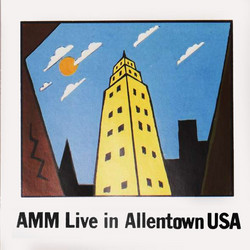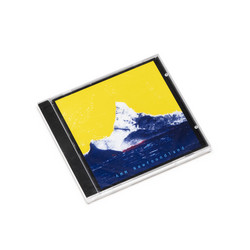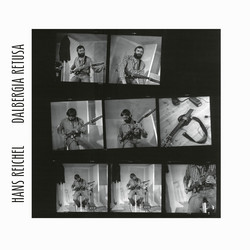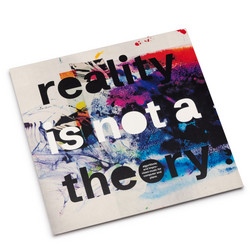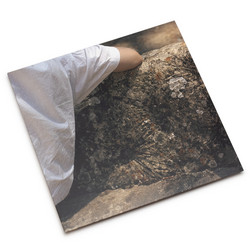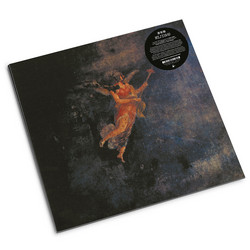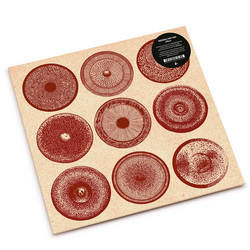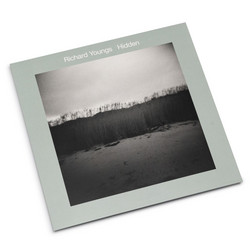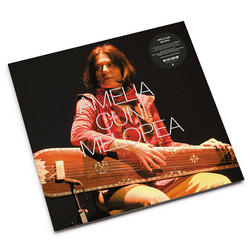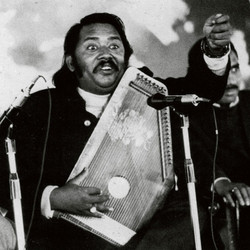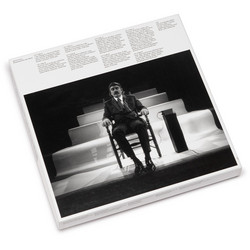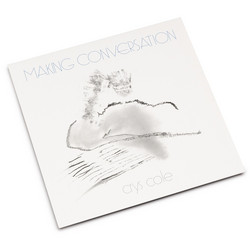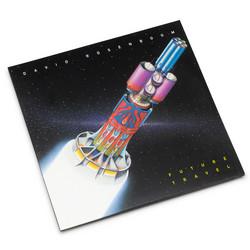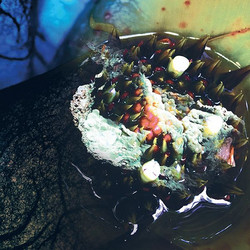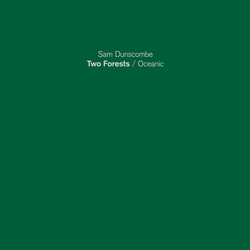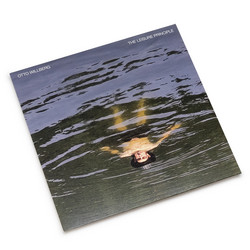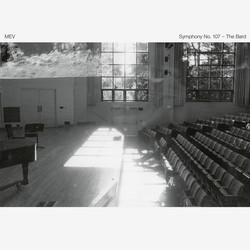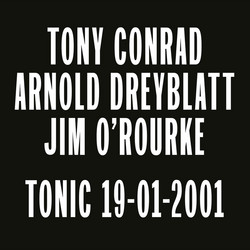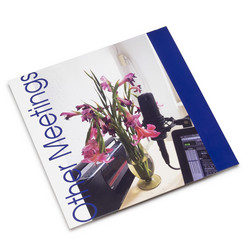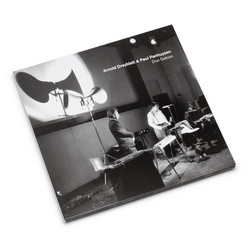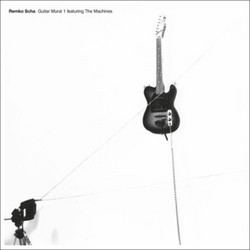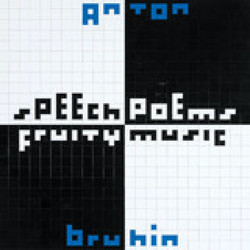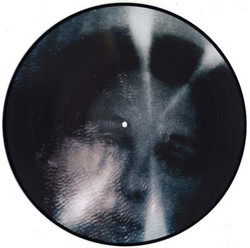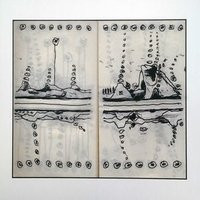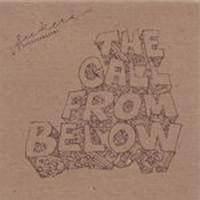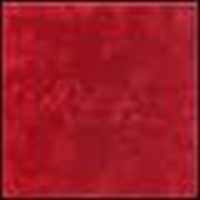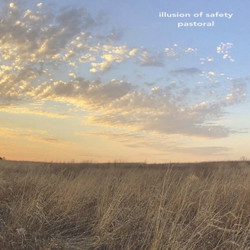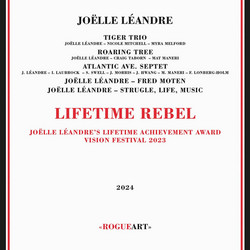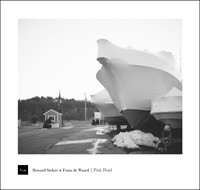2023 Repress. First vinyl reissue of the landmark 1967 debut album by AMM, AMMMusic. Remastered and cut by Rashad Becker at Dubplates & Mastering, Berlin. Exact replica sleeve by Stephen O'Malley. "Coinciding with the 50th anniversary of its recording in 1966, this reissue makes one of the cornerstones of the experimental music tradition available again in its original form, replete with Keith Rowe's beautiful pop art cover and the terse aphorisms by the group that served as its original liner notes. A testament to the interaction between the experimental avant-garde and the countercultural underground, the album was originally released on Elektra, recorded by Jac Holzman (the label's founder, responsible for signing The Doors, Love, and The Stooges) and produced by DNA, a group that included Pink Floyd's first manager, Peter Jenner (the title of Pink Floyd's 'Flaming' is a tribute to AMM's 'Later During a Flaming Riviera Sunset'). Formed in 1965 by three players from the emerging British jazz avant-garde -- Keith Rowe and Lou Gare had played with the great progressive big band leader Mike Westbrook and Eddie Prévost played in a post-bop group with Gare -- AMM quickly evolved from a free jazz group into something decidedly more difficult to categorise. By the time these recordings were made, two more members had joined the group: another Westbrook associate, Lawrence Sheaff, and the radical composer Cornelius Cardew. Then at work on his masterpiece of graphic notation Treatise, Cardew brought with him extensive experience of the post-serialist and Cageian currents in contemporary composition. Using a combination of conventional instruments and unconventional methods of sound production (most famously Keith Rowe's prepared tabletop guitar, but also prepared piano and transistor radio), the group performed improvised pieces often running for over two hours and ranging from extended periods of silence to terrifying cacophonies.
On AMMMusic, long tones sit next to abrasive thuds, the howl of uncontrolled feedback accompanies Cardew's purposeful piano chords, radios beam in snatches of orchestral music. AMM's clearest break with jazz-based improvisation concerned the idea of individuality. Initially through an engagement with eastern philosophy and mysticism and later though a politicized communitarianism, AMM sought to develop a collective sonic identity in which individual contributions could barely be discerned. In the performances captured on AMMMusic the use of numerous auxiliary instruments and devices, including radios played by three members of the group, contribute to the sensation that the music is composed as a single monolithic object with multiple facets, rather than as an interaction between five distinct voices." --Francis Plagne
.
"The first recording by these pioneers of electro-acoustic improvisation, AMMMusic stands the test of time both as a remarkably prescient session and as an utterly powerful and deep piece of 20th century music. Drummer Eddie Prevost's superb and detailed liner notes document AMM's early history, including the confusion engendered not only in audiences and critics but even in the band members themselves, unsure if they were in a free jazz ensemble, a contemporary classical group, neither, or both. The aphorisms adorning the original LP issue (the disc includes additional portions of the concert) give some indication of what was facing listeners and musicians at the time: "An AMM performance has no beginning or ending. Sounds outside the performance are distinguished from it only by individual sensibility." Or: "Every noise has a note."
Even so, at this early stage in its development, there are more "normal" instrumental sounds with a conceptual basis in either jazz or classical music than there would be later on. Lou Gare's tenor saxophone wrings out occasional avant-garde peals that wouldn't have sounded too out of place in Sun Ra's band of the period, and Prevost's drumming shares some affinities with the energy players of the day. Similarly, Cornelius Cardew's piano and Lawrence Sheaff's cello sometimes refer to this or that modern classical tradition. But the overall sound of the group, even in 1966, was so different, so idiosyncratic, that it's not at all surprising that both new jazz and contemporary classical audiences were baffled, if not horrified. The experimentation in sonic assault, noise, and chance sound (including transistor radios) would, however, reach the rock fringes (as Prevost points out) in the work of '60s bands like Pink Floyd as well as later industrial groups like Test Dept. and the Jesus and Mary Chain. But the palpable thrill of producing such music at the time is unique to AMM. The group's sonic conception in its totality is so enveloping and comprehensive that, once heard, it becomes impossible to hear music the same way again. Recent devotees of electronica, free improv, industrial, and noise bands owe it to themselves to check out their primary source: AMM. AllMusic Review by Brian Olewnick
